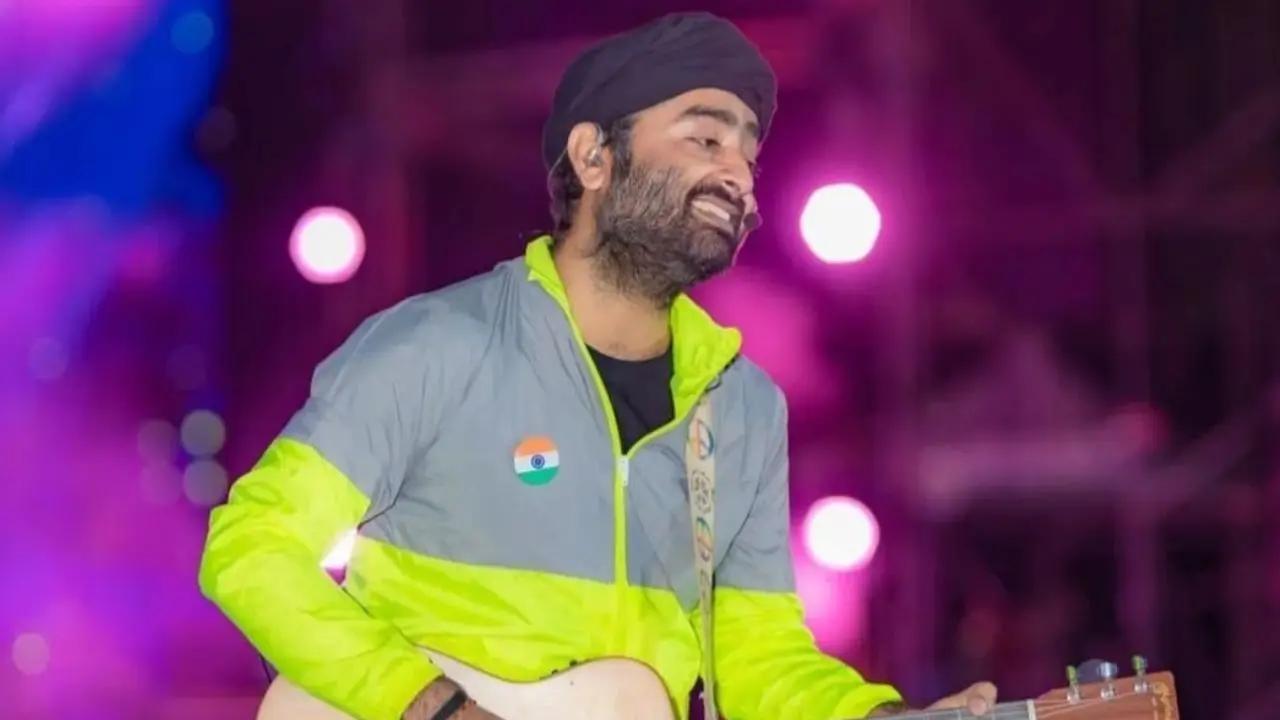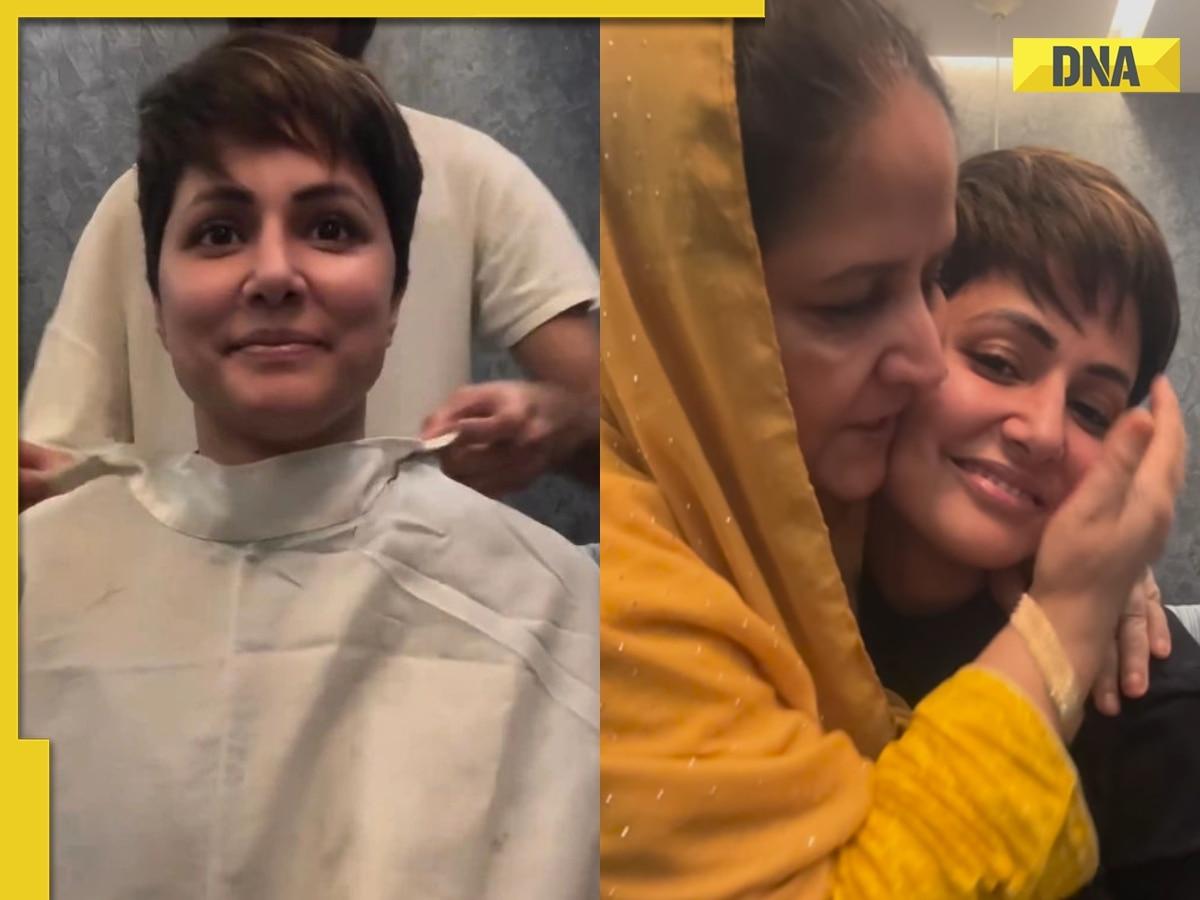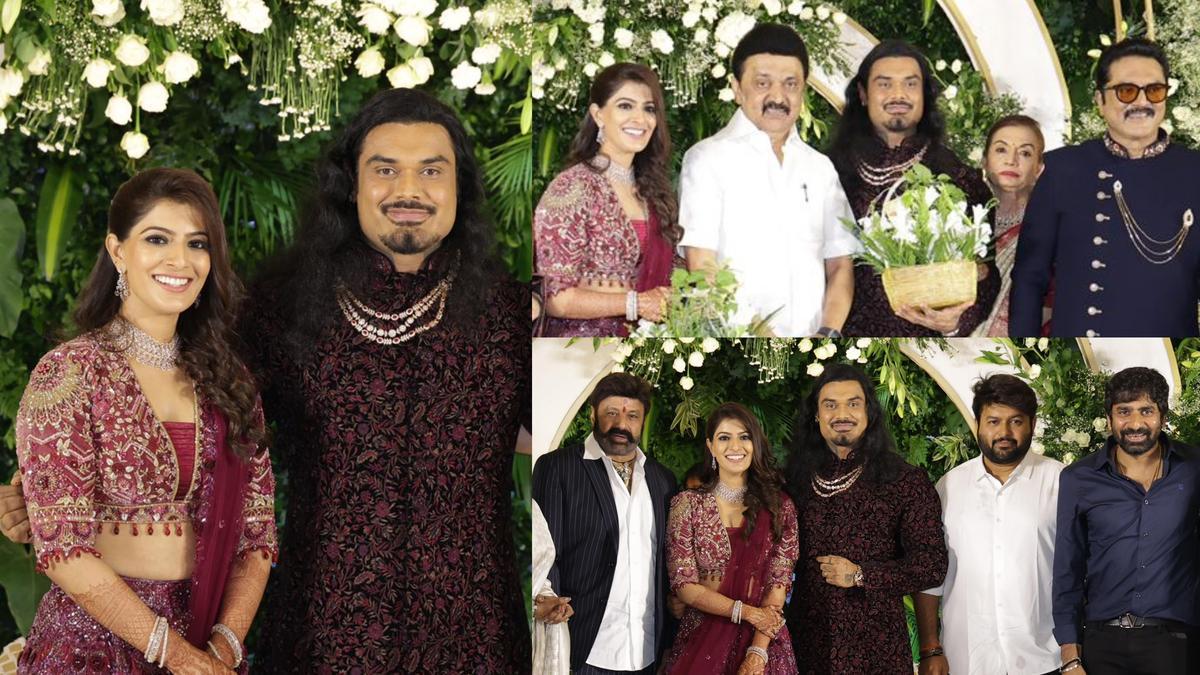
In a testament to the enduring appeal of music’s influence on Bollywood titles, the eagerly awaited film “Teri Baaton Mein Aisa Uljha Jiya” finds its name in the lyrical legacy of Canadian-born singer Raghav Mathur. True to the industry’s penchant for abbreviation, TBMAUJ becomes the shorthand for a title that otherwise weaves a sentence. But more than its title, this movie intrigued audiences with its promise of a love narrative unfurling between man and machine. Could this be the deft Bollywood blend of vibrant song, dance, and matrimonial festivities, underpinned by an AI-themed plot? Indeed, it was the distilled anticipation of such a genre—effervescent and inviting—that brought audiences streaming into theaters.
The contrast to other Indian content delving into the AI genre could not be more stark. Unlike the complex and sometimes overwrought tone of the Disney+ Hotstar series “OK Computer” (2021), TBMAUJ approaches its subject matter with levity and broad strokes, employing over-the-top characters to the point of silliness—ripe for replacement by AI themselves, or so one might wish. Kriti Sanon, portraying the sole AI character with a distinctive long neck, penetrating gaze, and high cheekbones, embodies robotic finesse, masterfully delivering a performance that could ironically be described as phoned in for its fitting detachment.
Amidst this comedic landscape, Shahid Kapoor’s character, a conventional desirable man, inexplicably succumbs to the charm of this artificial entity masquerading as a hot woman. Their relationship escalates with speed, bypassing the contemplation of physical intimacy with AI, a concept already explored to some extent through virtual reality technology but left uncharted in the film.
While TBMAUJ is couched in the speculative realm of science fiction—populated by holographs and robots advancing humanity’s world-building—it inadvertently echoes the current trajectory of our real-life technological landscape. AI’s ascendancy has already infiltrated the bastions of creativity with more vigor than was initially imagined, engrossing itself with design, architecture, and even the literary arts, rather than just replicable tasks.
Sanon’s AI, Sifra, notwithstanding its technological prowess, grapples with humor, irony, and sarcasm—nuances that are equally lost on some humans. Yet she oscillates between emotion and detachment, her kisses laden with passion—enough to bewitch the hero. The potential of a human-robot future hints at a redefinition of companionship over the transient delights of sex, pointing to a horizon possibly reserved for the next generations. But could our smartphones be the precursor to such entities?
Sifra’s inner workings, a cradle of circuitry and a gaming motherboard, invite speculation on Asimov’s ethics of robotic harm. These cerebral musings, however, only touch the viewer’s conscience lightly—if at all—amidst the film’s relentless pursuit of humor that seldom hits its mark. The creators bypass deeper existential ruminations, like those captured in Spike Jonze’s evocative “Her” (2013), for a safer commercial route peppered with cameos of yesteryear’s stars and a sense of nostalgia.
As a viewer, one might find themselves captivated more by the film’s central idea than its execution. TBMAUJ stands at a crossroads, gesturing towards a narrative continuation that future artistic endeavors might explore more thoroughly and resonantly. The final declaration of “To be continued…” on the closing slate, however, seems more an aspiration than a promise, as the film fails to fully grip with its intended punch.
In essence, “Teri Baaton Mein Aisa Uljha Jiya” is a romantic concoction that sprinkles a contemporary AI twist over a traditional Bollywood formula. It yearns to engage with the profound, yet stumbles in its slapstick cadence, suggesting the eventual maturation of the genre lies ahead, beyond the confines of this particular cinematic venture.










